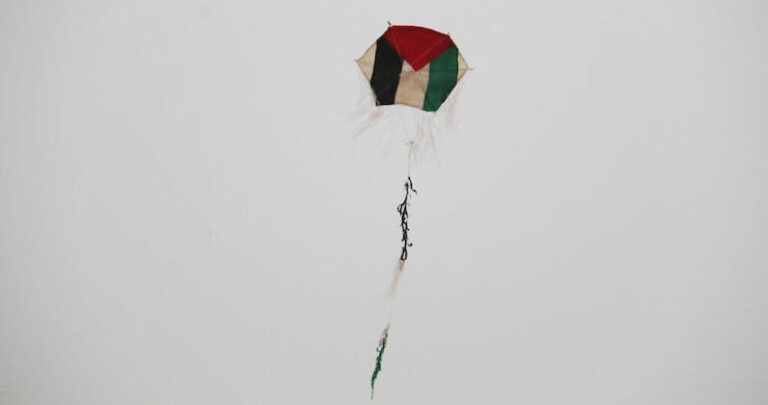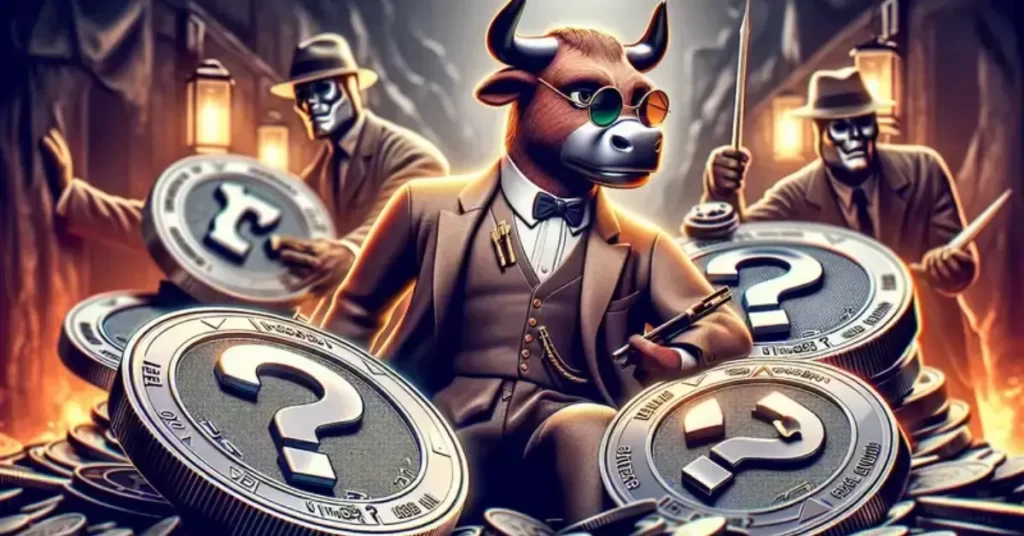By Chris Kelso.
 By Bobby Lafayette aka Edging on Death
By Bobby Lafayette aka Edging on Death
‘…be turned into a cavern in which he would, of course, then be able to crawl about in all directions without disturbance’
Gregor Samsa
Anorexia Nervosa. Bulimia. Obesity. We don’t get to choose our dysmorphias. Society decides. Society decides which body we get too. This has always been the case. The society-body won’t be happy until we wince away from every mirror we own. Even after the Enlightenment, we haven’t developed too far beyond Lacquer’s ‘one sex model/one flesh model’. Society (1) tells us the body is not incommensurable. It reminds us of standards and expectations, that individual experiences should echo some shared universal truth, and in doing so society denies us the liberation of our inner selves — physically and spiritually. It certainly discourages such inner exploration, despite the squeals of panicky centrists.
Extensive research and media archaeology conducted by Gender Studies specialists like Avery Dame-Griff have revealed the harsh realities of the body in a modern context — that we remain firmly in line by the mechanisms of an entrenched post-industrial curse, and this self-image is only exacerbated by the arrival of the internet. Our interconnectivity (with others, the state, and ourselves) means the mind-worm has never been stronger, almost transmitting its signal via psychokinesis. We are reminded that we are the same and that’s ultimately the way it should be. But what if the body could rebel against the construct who had enslaved it?

Franz Kafka was never an overtly political artist, not in the sense that he ever saw fit to imbue his writing with party subtext. And, beyond Kafka’s obvious socialist leanings and quick-defence of the working-class stiff (2), there is no evidence of any active political allegiance in his extensive diaries. He has always been more interested with inner space than the art and science of the government, out there. Not that Kafka was entirely apolitical — as mentioned previously works like The Trial and The Penal Colony express philosophical frustrations with the dehumanising effects of a constitutional bureaucracy and totalitarianism — but he creates a statement of case for the individualist, the anti-statist loner labouring on the outskirts of a strictly collectivist dystopia. A wanderer of the stateless space that is Kafka’s hetertopian Prague. He is a nihilist propogandist. The insignificance and meaningless of work and toil is the only principle he espouses with any regularity or conviction. Like with all effective propaganda there is artistic merit behind the bullhorn.
Which brings us to Gregor Samsa, a traveling salesman whose wage provides the sole income for his family. We are assured he has never neglected his ‘commercial duties’ before. He appears to have lived a sensible, even admirable bureaucratic life, until the reader meets him. Samsa awakens to find he has become a grotesque insect — all sucking mouthparts and compound eyes. Cockroaches could be considered political in that they act purely on communal interest, engaging in critical mass to seek food sources and shelter via chemical signalling. But I don’t think Samsa’s transformation is a deliberate evolutionary step towards the new strata of a pure and perfect insect society. The perfect collectivists. That reality already exists, out there. That’s not to say his transformation isn’t deliberate. An inner-movement has taken place.
Early on in Metamorphosis, Gregor’s father demands his ‘unlucky son’ open his bedroom door. Gregor is obviously reluctant because he worries about his father’s reaction to his hideous new form. But his father doesn’t care. Gregor will be late for work and the family will lose his pay cheque. The neighbours will talk. Status is at stake. And, let’s not forget, Gregor’s father is presented as a pillar of bureaucratic servitude:
With a sort of stubbornness, the father refused to take off his servant’s uniform, even at home, and while his sleeping gown hung unused on the coat hook, the father dozed completely dressed in his place, as if were always ready for his responsibility and even here was waiting for the voice of his superior.
Táta Samsa is the society-body in fitting patriarchal drag. But Gregor continues to resist the demands perhaps for the first time in his life. He is terrified of unveiling his hideous mandibular form, but this means he is finally able to defy the systems which have oppressed him his entire life: ‘Gregor had no intention of opening the door, but congratulated himself on his precaution, acquired from travelling, of locking all doors during the night, even at home’.
Samsa has fit in his whole life, dutiful and silent among the majority. This is a façade. He feels alien inside and locks the doors to keep the everyday world on the outside. But what does Samsa represent in today’s world? What sad, neglected dais of contemporary society could the insect embody? Avoiding the obvious interpretations, Metamorphosis is a story about literal transformation. The next stage of the human canvas. Our carbon rebirth cycle. A post-human. Free. To be completely liberated of his old life means he will have to live on the fringes as an outcast.
There has been much speculation about what the next stage of our evolution will be. Some predict the imminent ability to change skin colour (chromatophores), incite changes in selective hearing, grow tentacles, adapt flexible skeletons, even wings. The post-human question has always caused controversy and discussion: ‘The prospect of posthumanity is feared for at least two reasons. One is that the state of being posthuman might in itself be degrading, so that by becoming posthuman we might be harming ourselves. Another is that posthumans might pose a threat to “ordinary” humans’ (3).
Restricted to cultural ideals it seems the body is finally tired. The body is sick of discriminatory systems squeezing the spontaneous vitalism from our experience of the world. I’ve previously discussed many body-artists like Orlan, Stelarc, even Genesis-P-Orridge, with reverence but they are extreme and possibly considered radical self-mutilators. Body terrorists. New York artists, Ebecho Muslimova is engaged in a more palatable display of post-human endeavour. Muslimova portrays a nude, cartoonish alter-ego called Fatebe. Fatebe’s body is stretched and squeezed to extreme angles — a body free of constraints. Fatebe challenges the social expectations imposed on the female body through ‘brazen displays of sexuality, vulnerability, and humour’: ‘This performance, this slippage through the challenges I constantly make for [Fatebe], is what interests me and pushes the search for new scenarios’ (4). The resurgence in this ‘art of mutilation’ could probably be attributed to a modern malaise with technology — a way of reminding ourselves that we still have some raw control over our own blood and viscera.
As Metamorphosis progresses, the family do lose Gregor’s income and must take up work, renting their home to three lodgers to make ends meet in the breadwinner’s absence — all of the lodgers are described as having ‘full beards’ and being intent on ‘meticulous tidiness’. More gardeners of the social-body.
Gregor Samsa hides under the sofa, eats rotten food, and crawls around his empty room. His life appears utterly pathetic, but only in the context of a civilised expectation. Gregor Samsa’s metamorphosis is evidence of a man altering his state to escape the drudgery of an unfulfilling and bureaucratic reality. People are finally doing the same — rebelling against the paperwork which mutilates the mind, erodes the soul. They are rebelling against society’s body. Reality bends to suit. Gregor Samsa is a hero. A fantasy of corporeal freedom.
The above essay is the introduction to the Translucent Eyes Press edition of Franz Kafka’s The Metamorphosis (22 April 2024), translated by David Wyllie.

ABOUT THE AUTHOR
Chris Kelso is a British Fantasy writer, illustrator, and anthologist from Scotland. He has published numerous books. In 2019, he was nominated for a British Fantasy Award for best short fiction.











 Bengali (Bangladesh) ·
Bengali (Bangladesh) ·  English (United States) ·
English (United States) ·